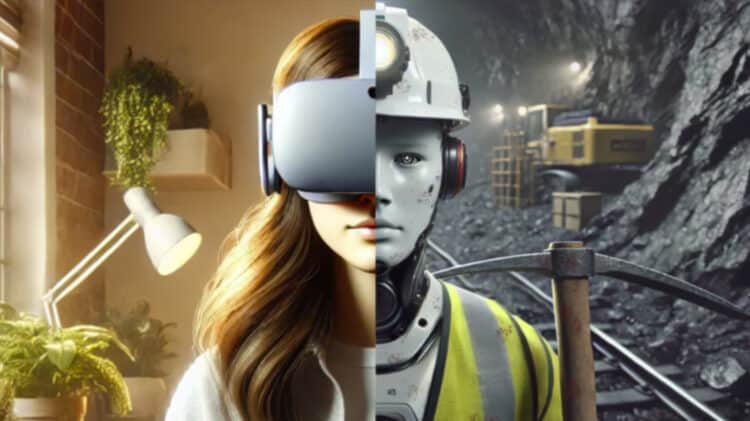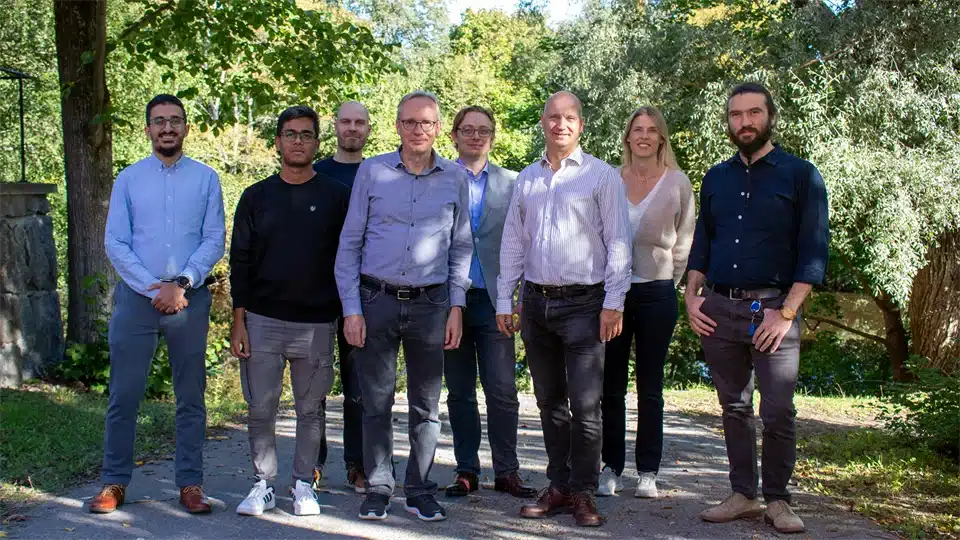
How can industry find skilled workers remotely from remote areas?

Finding the right skills in the right place at the right time is a pressing challenge, especially for industries in remote northern regions. The forestry, mining, and manufacturing sectors in Sweden, Norway, and Finland face an acute skills shortage, but innovative projects like IMMERSE aim to address this through cutting-edge technology.
The IMMERSE project develops digital imaging, computer vision, and augmented reality. Through virtual remote control systems enhanced with technologies like 360-degree cameras, researchers aim to create an authentic sense of physical presence and real-time interaction in distant environments.
The technology is particularly useful for the mining, manufacturing and forestry sectors. It will improve process efficiency, worker safety and environmental sustainability whilst reducing the need for site visits.
“Through this collaboration, we can push the boundaries of technology and ultimately advance industries that are important to our economy and environment,” says Professor Janne Heikkilä, who leads the research team at the University of Oulu.

The next step is to establish an industrial reference network across northern Sweden, Finland and Norway to gather insights about operational needs and test environments.
The project focuses on enhancing remote operations and strengthening collaboration between academia and industry. It seeks to foster academic and professional expertise through partnerships with universities in Sweden and Finland.
At the end of September, a Finnish and Swedish research team met in Sundsvall to launch the project. The research is led by Professor Mårten Sjöström in the laboratory environment at the University of Central Sweden and Professor Janne Heikkilä at the University of Oulu in Finland.
IMMERSE 2024–2027 is funded by Interreg Aurora, with the Regional Council of Lapland providing additional national co-funding.